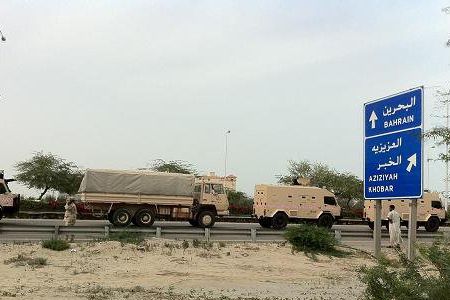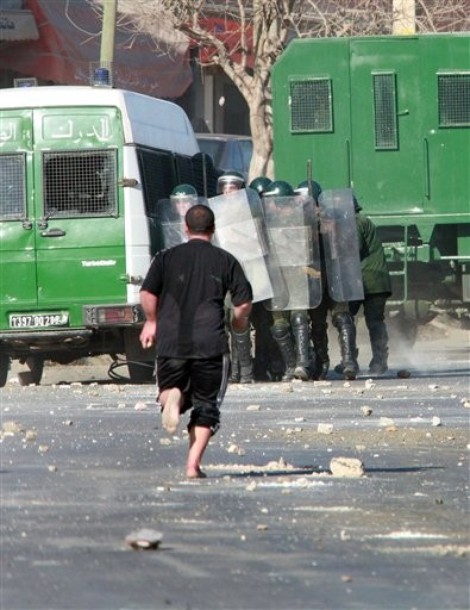Jordan Analysis: A Regime Running Out of Time? (Yom)
 King Abdullah IIThe Jordanian regime now faces a crucial juncture. Bloggers and journalists warn of the possibility of civil conflict unless the palace shifts course and negotiates with, rather than patronizes, its critics. However, King Abdullah has only offered another open-ended promise for considering reforms through the National Dialogue Committee, whose remaining members are bitterly arguing whether to take the king's word seriously anymore. Bakhit seems to be in little danger of losing his job, and parliament has predictably rejected any initiative to review, much less curtail, the crown's constitutional supremacy. At the same time, pro-government loyalists will assuredly attack opposition groups again, who now have little incentive to moderate their position and put faith in dialogue. The March 24 Shabab have already promised to return to the streets this Friday, heightening social tensions. If they are assaulted once again, tragedy could ensue.
King Abdullah IIThe Jordanian regime now faces a crucial juncture. Bloggers and journalists warn of the possibility of civil conflict unless the palace shifts course and negotiates with, rather than patronizes, its critics. However, King Abdullah has only offered another open-ended promise for considering reforms through the National Dialogue Committee, whose remaining members are bitterly arguing whether to take the king's word seriously anymore. Bakhit seems to be in little danger of losing his job, and parliament has predictably rejected any initiative to review, much less curtail, the crown's constitutional supremacy. At the same time, pro-government loyalists will assuredly attack opposition groups again, who now have little incentive to moderate their position and put faith in dialogue. The March 24 Shabab have already promised to return to the streets this Friday, heightening social tensions. If they are assaulted once again, tragedy could ensue.

 Friday, April 1, 2011 at 9:16
Friday, April 1, 2011 at 9:16








